Emma McKeon almost quit swimming on her journey toward becoming one of Australia’s greatest sportspeople
During her 15-year swimming career, Australia’s most decorated Olympian has presented a near-perfect picture of athleticism and class. As she enters retirement, she opens up about her internal battle while striving towards and staying at the top.
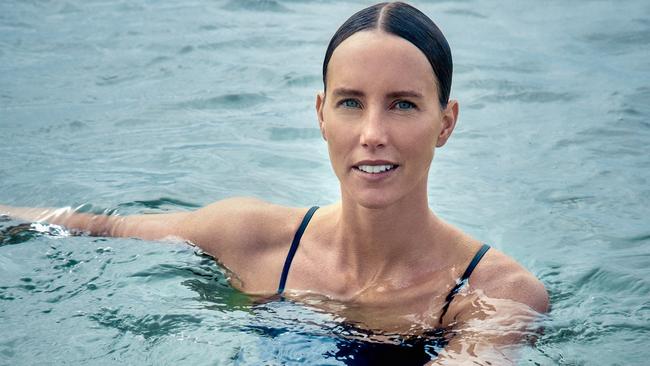
I nearly didn’t become an Olympic swimmer. When I was 15 years old and went from being a Wollongong schoolgirl who was good at swimming to someone who may one day represent Australia at an Olympics, I quit. In fact, I quit and returned several times. Put simply, the pressure was too much. It wasn’t from my parents, former elite swimmers who understood more than anyone the demands of competitive sport, but the unrelenting standard I put upon myself. I was a perfectionist. In my mind, near enough was never good enough. I had to be doing the best times and the best training sessions all the time. This persistence came to a head when I was 18 and I retired after missing out on a place, by just one spot, on the 2012 Olympic team. I honestly believed it was the end of my swimming career. The thought of training for another four years was too much. But, as it turns out, my passion, drive and the desire to work towards my goals were stronger. The pool always lured me back.
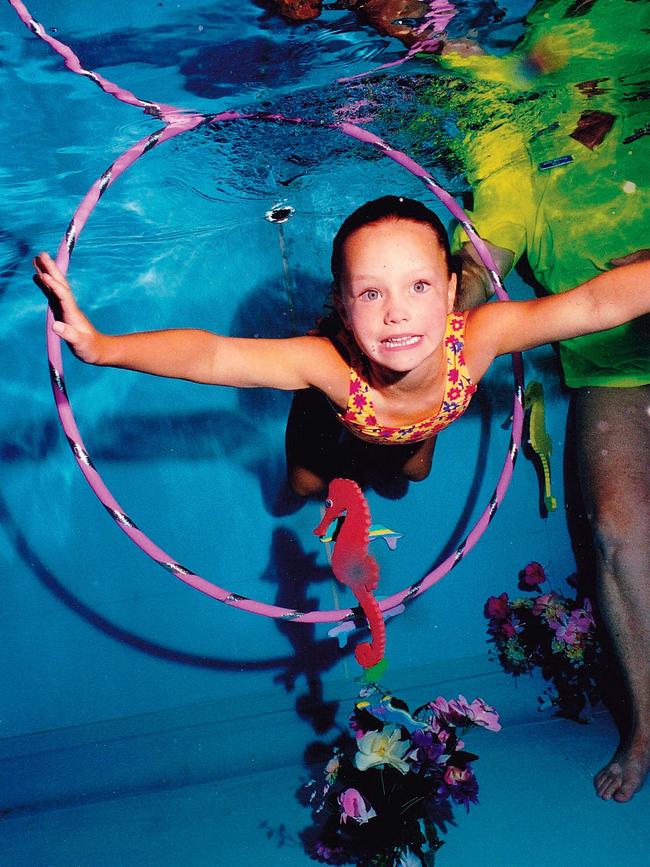
Perfectionism is something I’ve grappled with throughout my career, especially after the Tokyo 2020 Olympics. Following a year of false starts due to the Covid pandemic, the Games eventually went ahead in 2021. No spectators. No family or friends in the stands to cheer us on.
Despite this, it was a personal triumph. I took home four gold and three bronze medals, a record number by any female swimmer at a single Olympic Games. My most important race, the 100-metre freestyle, is among the top competitive events in swimming. As I prepared to dive into the water, I felt both pressure and contentment because, in under 60 seconds, it would all be over for another four years. Everything I had trained for over the past decade had led me to this point. When my hand hit the wall and I turned around to see my time on the screen – 51.96 seconds – it was one of the greatest moments of my career. I had done it. Gold.
Still, my perfectionist streak was unrelenting. I achieved more during that Olympic Games than I ever envisioned. Everyone, including myself, expected me to feel so gratified, but although I truly relished the gravity of the moment, when I returned to training post-Olympics, the goalposts had moved. My internal voice persisted: “Okay Emma, you have to prove yourself again.”
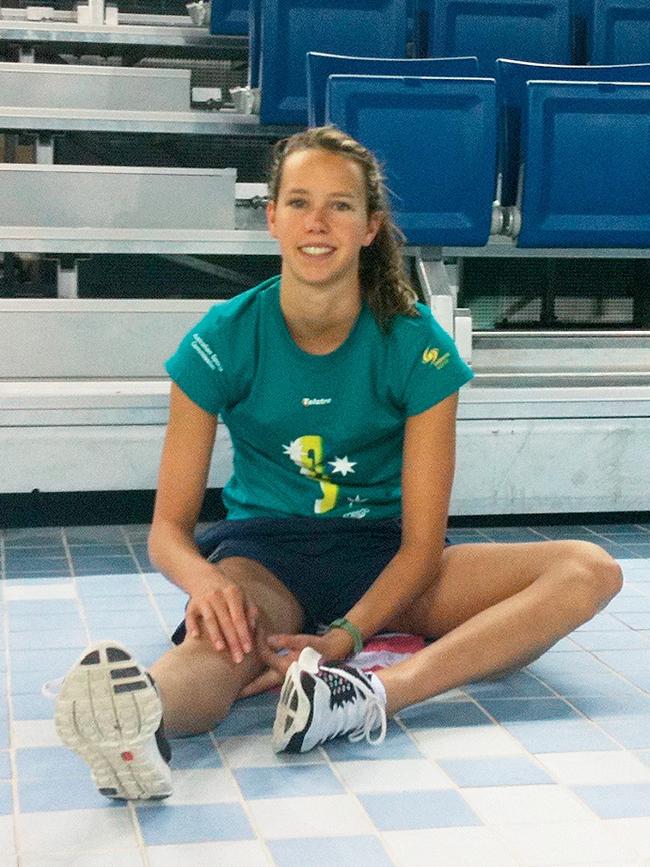
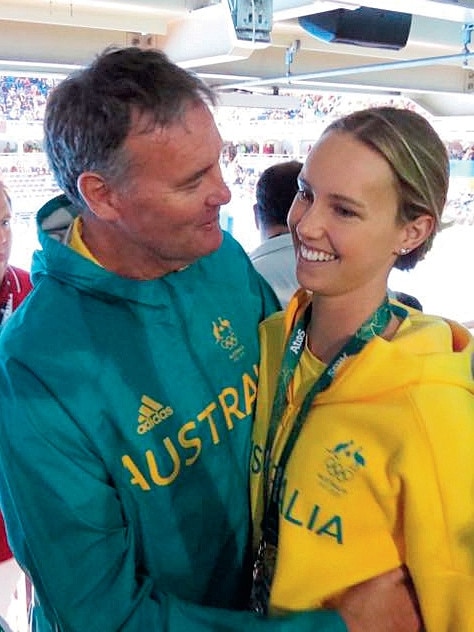
I was forced to face the beast head-on. Why is what you’ve done not enough for you? Improving and always striving to do my best is part of what drives me, but I had to learn to balance that drive with being kind to myself and seeing the good – a positive mindset for every professional sportsperson. Reframing it helped: five-year-old Emma dreamed of becoming an Olympic champion, and I’d succeeded.
Swimming flows through my veins. My dad, mum and brother have all represented Australia in swimming at either an Olympic or Commonwealth Games, and my sister swam competitively through to the end of high school. My uncle, too, was an Olympian before he became a sports manager. My grandma tells the story of when I was five and I met the Madame Butterfly, Susie O’Neill, who was represented by my uncle. We had travelled from Wollongong for lunch at his house in Sydney and, as I approached the front door, I stopped halfway up the stairs, took a deep breath and neatened my dress as if I were about to have an audience with the Queen. Susie O’Neill, Libby Trickett, Jody Henry: these Australian female swimmers were like royalty to me. Even as a five-year-old, I was in awe of people who had done incredible things.
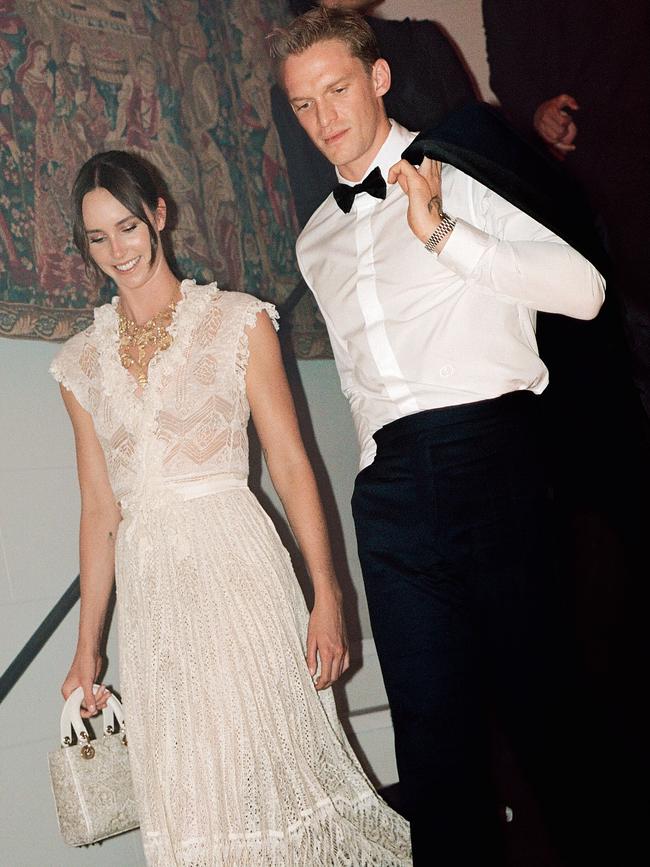
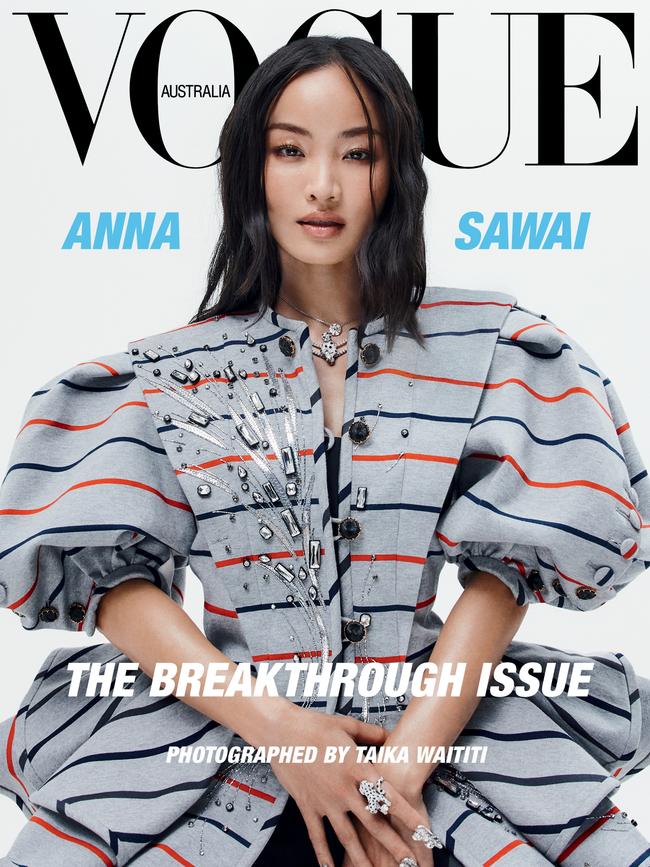
It’s not lost on me that just 16 years after I watched Susie at the 2000 Olympics, I would compete in my first Olympic Games in Rio de Janeiro, my own career following in the slipstream of the women I had always looked up to. But feeling like I belonged at the top was something I had to overcome. Self-belief hasn’t come easy. Impostor syndrome sets in. I always knew how to work hard and get the most out of myself, but a side effect of the huge amount of respect I have for the people I race against, as well as the athletes I grew up watching, is discomfort at the top. That position was really strange to me.
I felt its presence as I prepared for last year’s Paris Olympics. In the lead-up to the games, I was plagued by injury and my Olympic trials hadn’t gone to plan. Ironically, as we touched down in Paris, five weeks out from what would be my final Olympics, I couldn’t swim. I’d been managing a painful shoulder tear and was relegated to a spin bike watching all my teammates in the pool. I said to my partner, Cody [Simpson], that if I hadn’t made a few steps forward by the time we moved on to the next phase of the training camp, I’d be coming home. Fast-forward four weeks and I was standing alongside Meg Harris, Shayna Jack and Mollie O’Callaghan, having just won gold in the women’s 4 x 100-metre freestyle relay. Again, I had proven to myself how strong I can be.
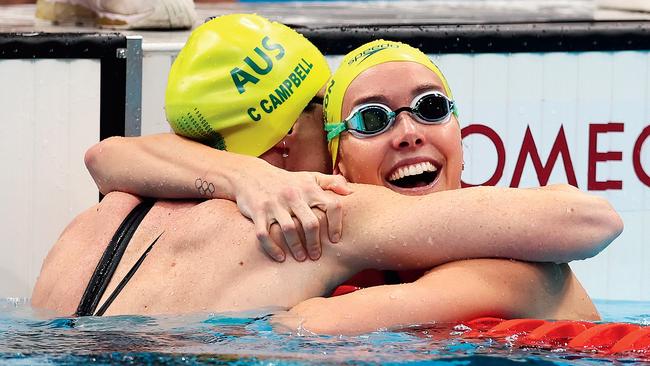
After Paris, on November 25 last year, I released a video on Instagram announcing my retirement from swimming. That morning, instead of heading to the pool as I’d routinely done for nearly 20 years, I woke up, had a coffee with Cody, then met my brother, who had retired from swimming a few years earlier, for lunch.
Later that day, I spoke to my mum and told her I was truly proud of myself, and that what I had achieved was more than I’d ever imagined as a teenager. Elite professional sport is fundamentally about winning and pushing past the limit of what you thought was ever possible. It’s why I had to sacrifice in other areas of my life. Engagements, hen’s parties, milestone birthdays – I lived many events vicariously through photos or FaceTime calls with my friends. Swimming always came first.
My mum has held my hand through all the highs and lows: the injuries, the wins, the losses and the 4am wake-ups. She’s seen a girl who has always grappled with her own sense of pride and with finding contentment. Having finally arrived at this place of reflection, my mum, like many mothers, only wished for my happiness. Talking to her on that day of my retirement, she said something that stopped me in my tracks: despite everything I had achieved, all she had ever wanted was for me to feel proud of myself. The perfect finish to a career and sport that has given me so much.
This story is from the March issue of Vogue Australia, on sale now.

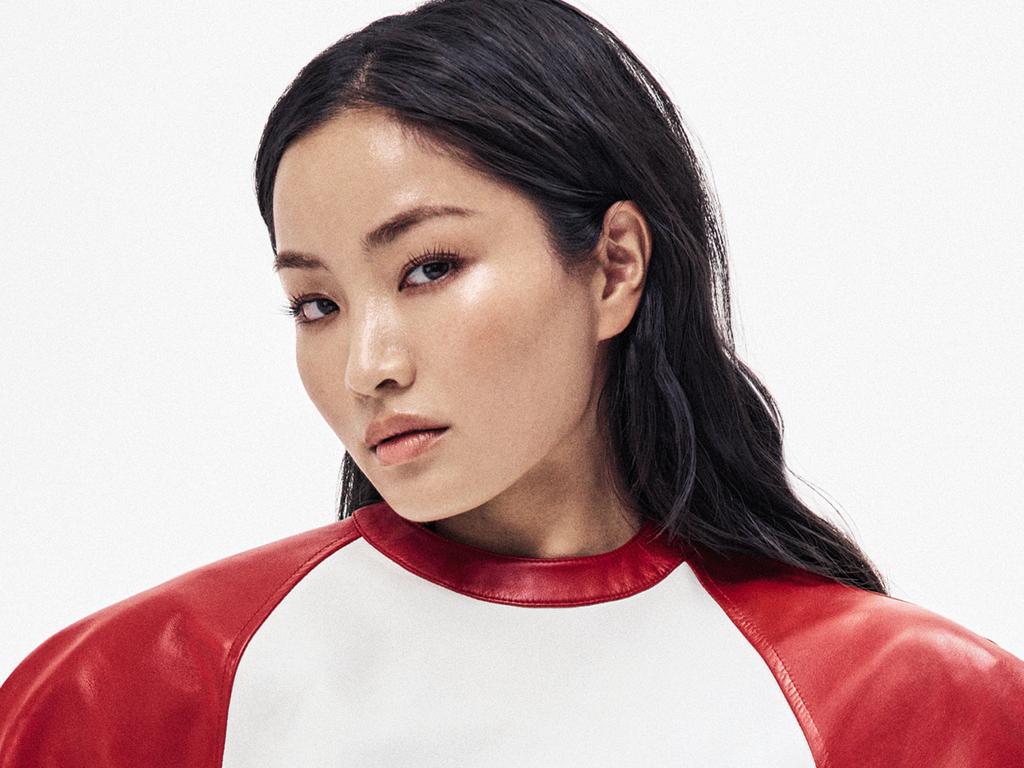


To join the conversation, please log in. Don't have an account? Register
Join the conversation, you are commenting as Logout